
Peru, Mexico and Ecuador seek global campaign to confront antiquities trafficking
Ambassador Manuel RodrÃguez Cuadros, announced yesterday that Peru, Mexico and Ecuador have pitched to UNESCO a global campaign to combat illegal antiquities trafficking, Agencia Andina reported.
RodrÃguez said the three nations made a formal proposal to the advisory council of UNESCO (United Nations Educational, Scientific, and Cultural Organization) for the initiative, which he described as an assault against smugglers on multiple fronts.
“I have raised, along with Ecuador and Mexico, that UNESCO build a global alliance to combat illicit trafficking, to bring together not only governments but also museums, customs, Interpol, and civil society as a whole, to achieve concrete results in the next few years,” RodrÃguez told Radioprogramas Radio.
He added that he hoped UNESCO would take advantage of an upcoming summit of culture ministers in November to set the plan in motion.
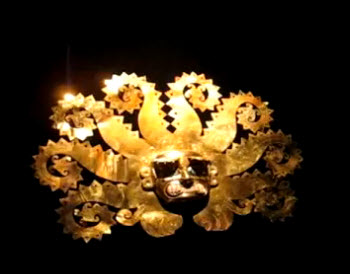
One of the most famous looted Peruvian antiquities is this Moche octopoid headdress. Recovered in London and returned to Peru in 2006, it was dubbed the “Moche Mona Lisa.” It was believed to have been stolen in 1988 by huaqueros (Andean tomb-raiders) from the La Mina in the Jequetepeque Valley.
The 1,300-year-old embossed gold headdress, with a feline face at its center and eight curving tentacles, had an estimated worth on the antiquities market of close to $2 million when it was rescued.
Rodriguez said that illicit trafficking of antiquities is an estimated $40 billion a year enterprise — the third largest form of transnational crime after drugs and arms trafficking.
Latin America, with its abundance of pre-Columbian and colonial artifacts, is a major hub for the illicit trade.
As noted a few days ago on Huffington Post by Deborah Lehr, Chair of The Capitol Archaeological Institute, this “cultural racketeering” strikes a particularly cruel blow against developing countries like Peru, which relies on its archaeological treasures as a draw for tourists to sustain its economy.
“Our purpose is to work with the local communities in countries in crisis — as well as the governments — to build capacity against the organized looting,” she wrote. “In addition to the obvious need for security, simple steps such as creating national inventories of all items excavated.”
If you like this post, please remember to share on Facebook, Twitter or Google+
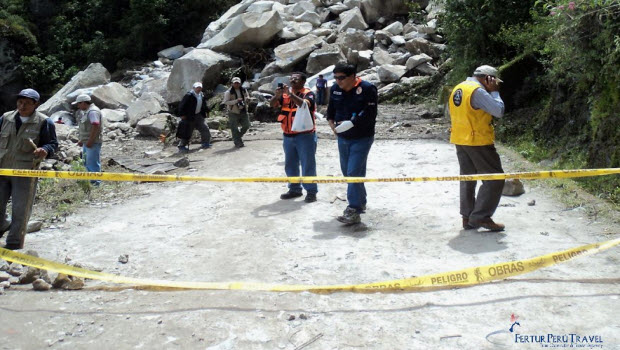 Photos of landslide blocking road to Machu Picchu
Photos of landslide blocking road to Machu Picchu 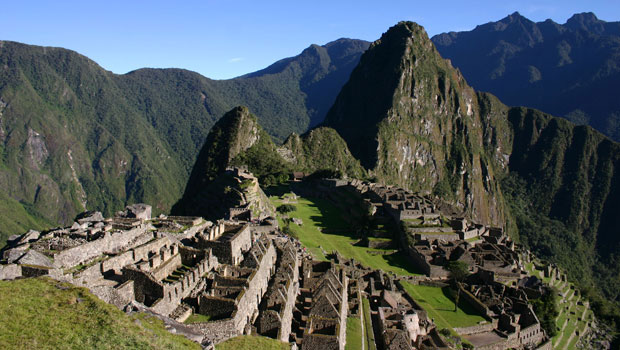 Checkpoint entrance change for Machu Picchu considered
Checkpoint entrance change for Machu Picchu considered 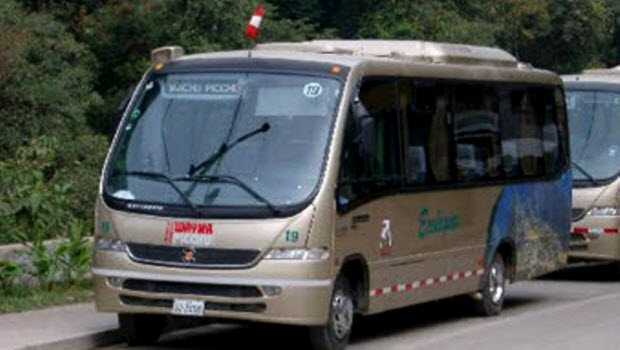 UPDATE: Hiram Bingham road access to Machu Picchu
UPDATE: Hiram Bingham road access to Machu Picchu  Lima voted TOP property in MONOPOLY HERE & NOW: World Edition
Lima voted TOP property in MONOPOLY HERE & NOW: World Edition 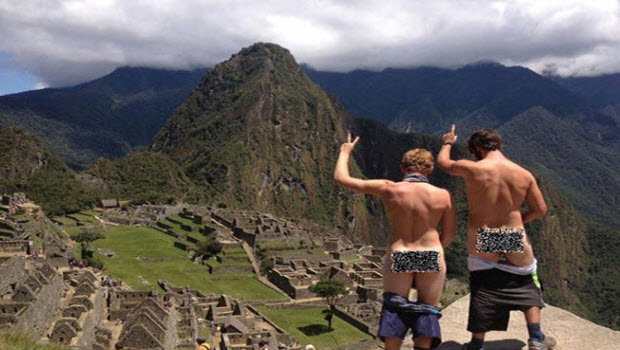 Crackdown on streakers and nude posers at Machu Picchu
Crackdown on streakers and nude posers at Machu Picchu 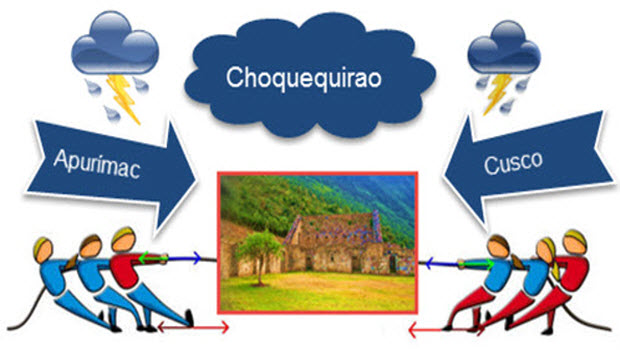 Cusco wants in on Choquequirao Cable Car action
Cusco wants in on Choquequirao Cable Car action 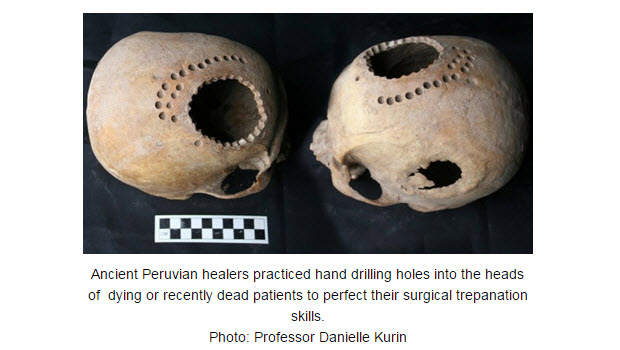 The practiced craft of ancient Peruvian skull surgery
The practiced craft of ancient Peruvian skull surgery 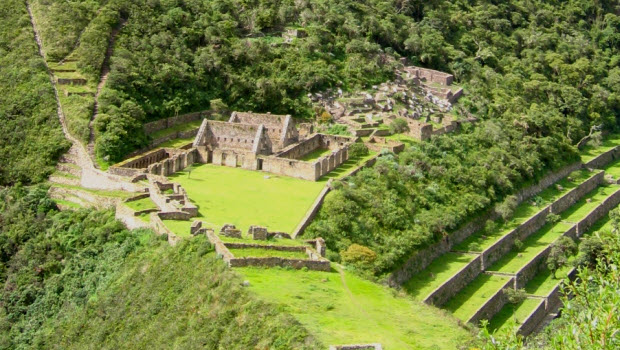 New Abancay airport will offer easy access to Choquequirao
New Abancay airport will offer easy access to Choquequirao